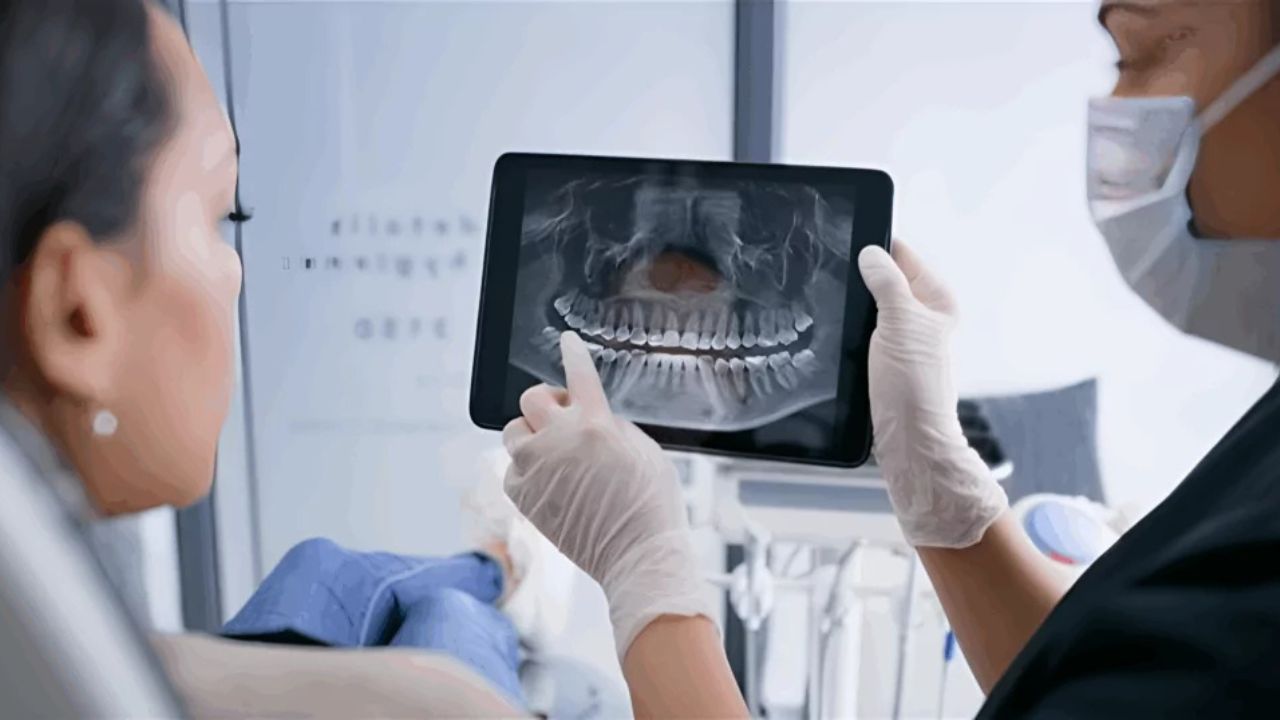Japanese researchers are pioneering a groundbreaking approach to dental care with the development of a drug that stimulates the regrowth of human teeth. This innovative treatment targets the USAG-1 protein, which naturally suppresses tooth development. By inhibiting this protein, the drug reactivates dormant tooth buds, potentially allowing individuals to grow a third set of teeth—a feat previously deemed impossible in modern dentistry.
The Science Behind Tooth Regeneration
Humans typically develop two sets of teeth: primary (baby) and permanent (adult) teeth. However, studies have revealed the presence of latent tooth buds that hint at the possibility of a third set. The USAG-1 protein plays a crucial role in suppressing these additional tooth buds. By creating an antibody that neutralizes USAG-1, researchers have successfully stimulated tooth growth in animal models, including mice and ferrets.
From Animal Models to Human Trials
Building on the success of animal studies, clinical trials commenced in September 2024 at Kyoto University Hospital. The initial phase involves adult participants who have lost back teeth, aiming to assess the drug’s safety and efficacy. Subsequent phases will focus on children aged 2 to 7 with congenital anodontia—a condition characterized by missing teeth from birth.
Potential Impact on Dental Care
If successful, this tooth regrowth therapy could revolutionize dental treatments by offering a natural alternative to dentures and implants. Regrown teeth would possess full functionality, including nerves and blood vessels, providing benefits such as sensation and natural healing capabilities. This advancement could significantly improve the quality of life for individuals suffering from tooth loss due to age, trauma, or disease.
Looking Ahead
Researchers aim to make this treatment widely available by 2030, pending the outcomes of ongoing clinical trials. This development marks a significant milestone in regenerative medicine and holds promise for transforming dental care practices worldwide.


